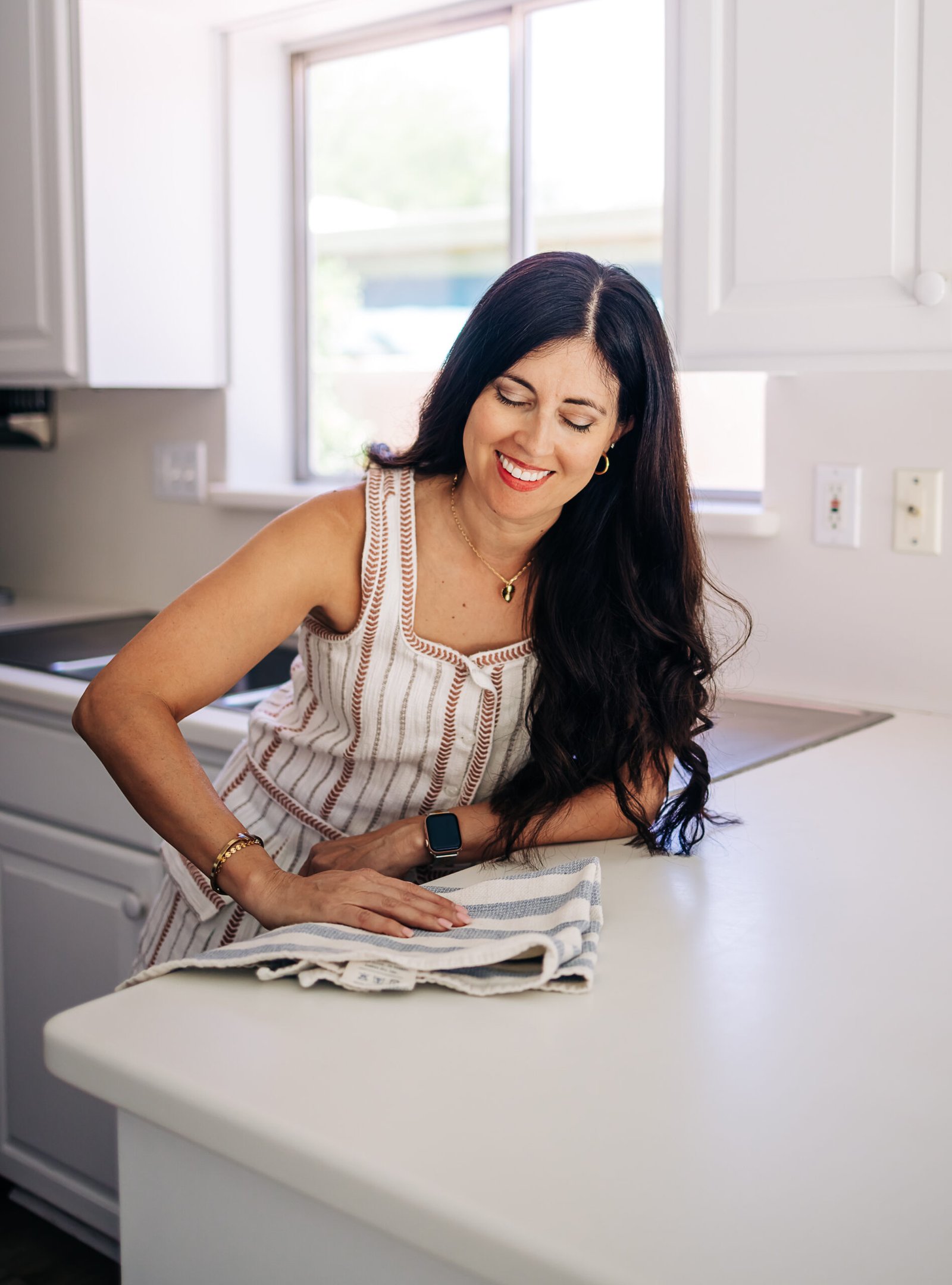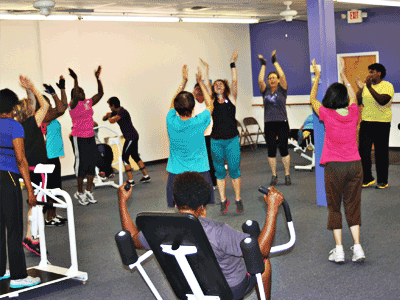Ad-sponsored content
Starting out as a freelancer can be tricky. You want to make sure that you are prepared for the challenges ahead of you; which can be doubly challenging when you also have a chronic illness. Finding work and clients, setting rates, managing projects, and more, all take time, work, and of course spoons! To help you get started with your freelance career, I created my top tips for being self-employed when you’ve got a chronic illness.
1. Do the sums
You need to know how much money you need to make per month in order to live comfortably. This will help you set your price range for clients and it will also help with your budgeting process. However, you should have a plan in place for when work is slow or when there is an emergency situation such as an illness or injury. Factor in things like sick pay, holiday pay, and life emergencies when coming up with your day rate-and, of course, don’t forget the taxman!
2. Set up systems
Setting up a system with clients before the project starts is essential to avoid any future issues. The system should include not only what they can expect from your workflow, but also what you can expect from their workflow. This way, both parties are clear on the expectations and responsibilities of the project. Set out clearly the fee, the project deliverables; as well as things like deadlines, number of revisions and your payment fees.
3. Consider a co-working space
A co-working space is a place where people can work, meet and collaborate. It’s a place where ideas are shared and the workspace is flexible. Co-working spaces are now becoming more popular as they offer an alternative to working from home or in office environments that may not be conducive to creativity. They allow people to get out of their homes or offices for a while, meet new people, and work. Some are completely open, whilst others are a mix of hotdesking and meeting pods with breakout rooms.
4. Don’t forget to take a break
One of the most important things for entrepreneurs is to take a break. The work environment can be very stressful and it is important to take time off.
There are many benefits of taking breaks while running your own business. It can help you stay fresh and generate new ideas that you might not have thought about otherwise. Taking a break will also help you avoid burnout and reduce stress levels. You will also be able to maintain a healthy balance between work and personal life by taking time off from your business.
Taking breaks can also lead to an increase in productivity as it allows the brain to process information better and think more clearly. It can even improve your creativity as it helps with problem-solving skills, which is crucial in the world of entrepreneurship where there are always obstacles on the way.
5. Work around your health
And finally, remember being freelance with a chronic illness should give you the flexibility to work with and around your health-not against it. So make sure you schedule in plenty of rest days and adapt your schedule for low energy days!
Related
Disclaimer: This story is auto-aggregated by a computer program and has not been created or edited by fitandhealthful.
Publisher: Source link













